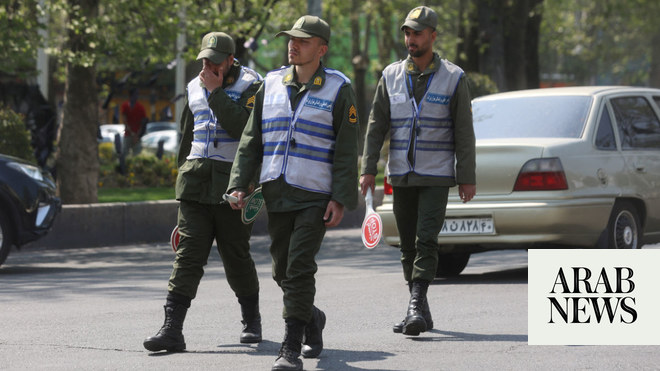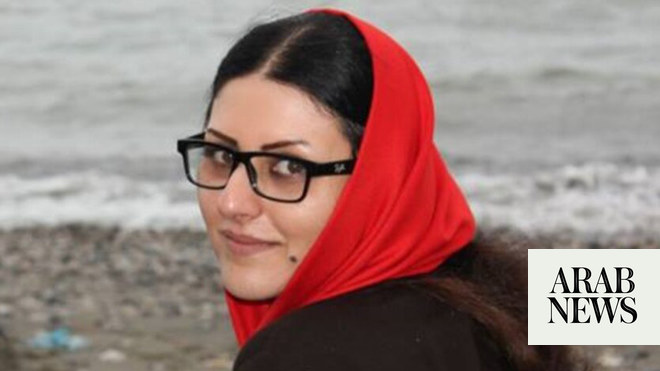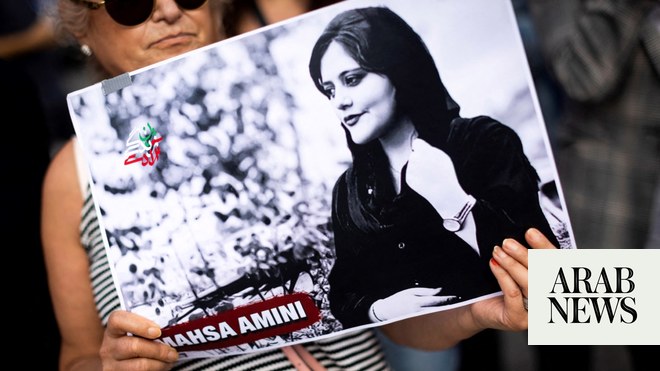
Iran has stepped up pressure on celebrities and journalists over the wave of women-led protests sparked by outrage over the death of Mahsa Amini, after she was arrested by the Islamic republic’s morality police.
Film-makers, athletes, musicians and actors have backed the demonstrations, and many saw it as a signal when the national football team remained in their black tracksuits when the anthems were played before a match in Vienna against Senegal.
“We will take action against the celebrities who have fanned the flames of the riots,” Tehran provincial governor Mohsen Mansouri said, according to the ISNA news agency.
Iran’s judiciary chief Gholamhossein Mohseni Ejei similarly charged that “those who became famous thanks to support from the system have joined the enemy when times are difficult”.
The warnings came after almost two weeks of protests across Iran and a deadly crackdown that, human rights group Amnesty International says, has been marked by “ruthless violence by security forces”.
Iran Human Rights, a Norway-based group, said on Thursday that at least 83 people, including children, had been killed during the repression.
Public anger flared after Amini, a 22-year-old Kurdish woman, died in custody on 16 September, three days after her arrest for allegedly breaching Iran’s strict rules for women on wearing hijab headscarves and modest clothing.
“Woman, Life, Freedom!” protesters have chanted ever since, in Iran’s biggest demonstrations in almost three years, in which women have defiantly burned their headscarves and cut their hair.
President Ebrahim Raisi warned that, despite “grief and sorrow” over Amini’s death, public security “is the red line of the Islamic Republic of Iran and no one is allowed to break the law and cause chaos”.
Iran on Thursday slammed “interference” in its internal affairs by France over a statement in support of the protests, having earlier complained to Britain and Norway.
Solidarity protests with Iranian women have been held worldwide, and rallies are planned in 70 cities Saturday.
One protest erupted in Afghanistan’s capital Kabul, where women rallied outside Iran’s embassy with banners that read: “Iran has risen, now it’s our turn!” and “From Kabul to Iran, say no to dictatorship!”
Iran on Thursday arrested the reporter Elahe Mohammadi, who had covered Amini’s funeral, her lawyer said, becoming the latest of a growing number of journalists to be detained.
Police have also arrested journalist Niloufar Hamedi of the reformist Shargh daily, who went to the hospital where Amini lay in a coma and helped expose the case to the world.
The Committee to Protect Journalists said on Thursday that three other journalists – Farshid Ghorbanpour, Aria Jaffari and Mobin Balouch – had been arrested, bringing the total behind bars to 28.
London-based Amnesty International criticised Iran’s “widespread patterns of unlawful use of force and ruthless violence by security forces”.
It said this included the use of live ammunition and metal pellets, heavy beatings and sexual violence against women, all “under the cover of deliberate ongoing internet and mobile disruptions”.
“Dozens of people, including children, have been killed so far and hundreds injured,” said the group’s secretary general Agnès Callamard.
Iran has blamed outside forces for the protests and on Wednesday launched cross-border missile and drone strikes that killed 13 people in Iraq’s Kurdistan region, accusing armed groups based there of fuelling the unrest.
On Thursday, German foreign minister Annalena Baerbock said she was “doing everything” she could to push for EU sanctions against those “beating women to death and shooting demonstrators in the name of religion”.












